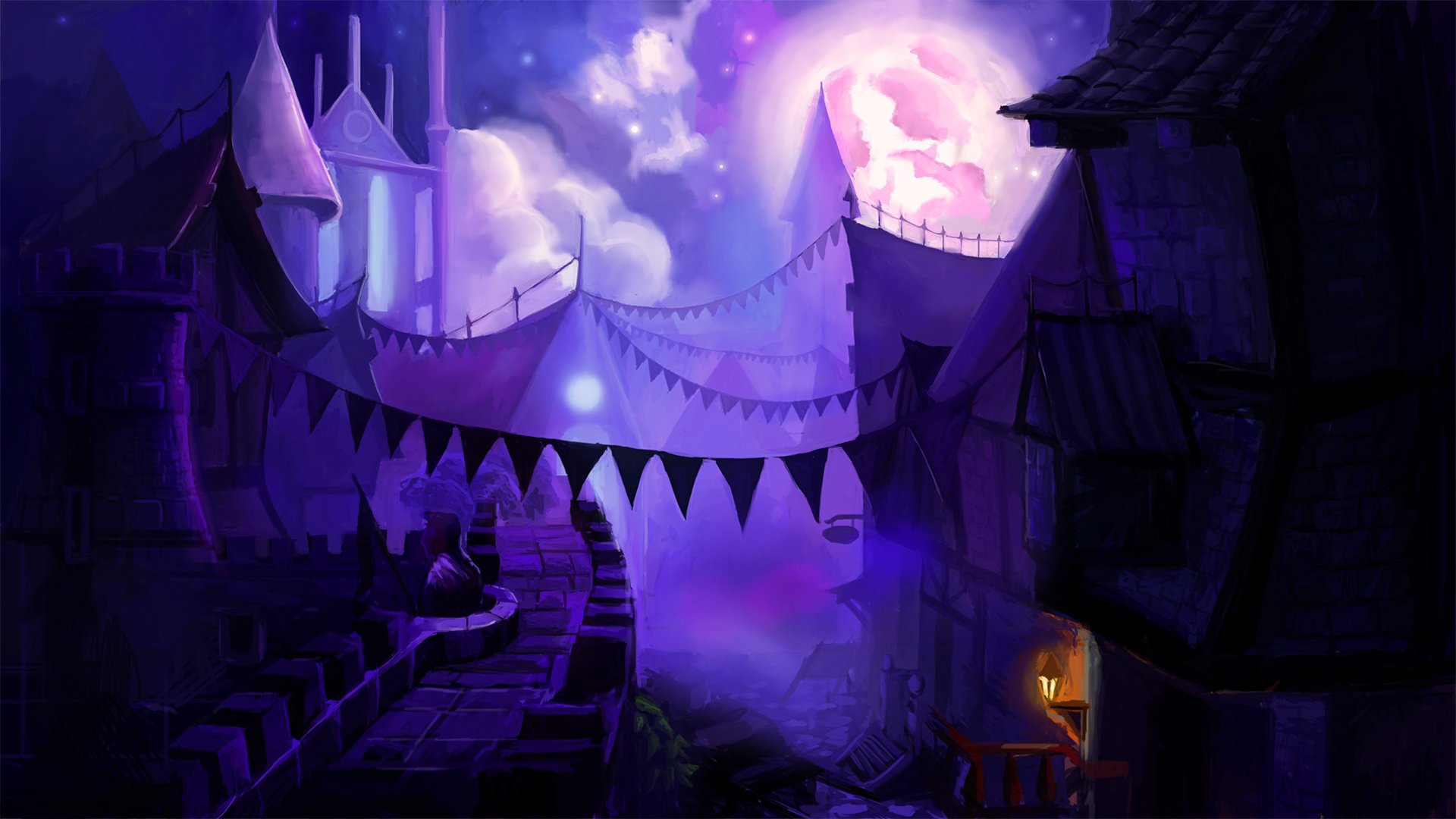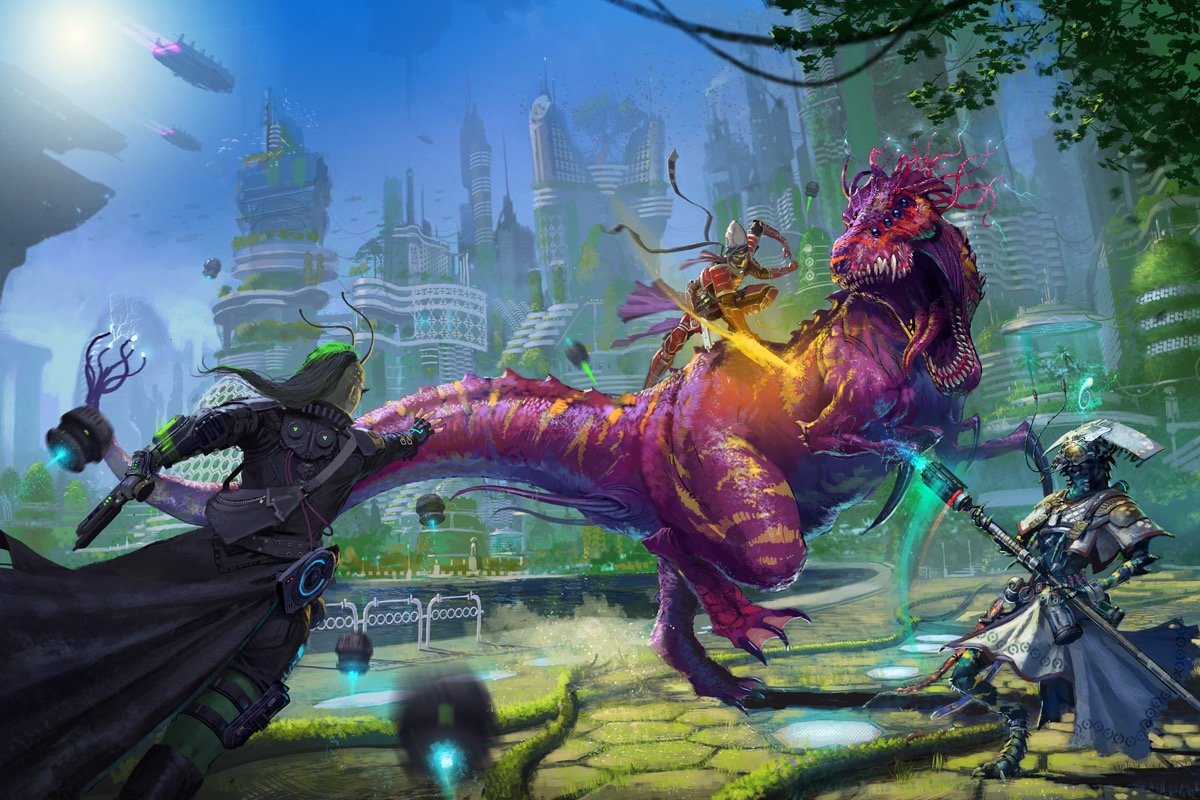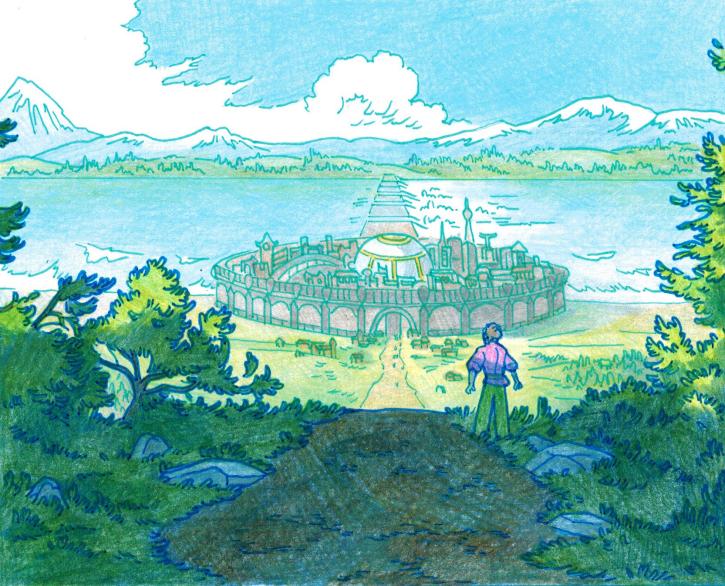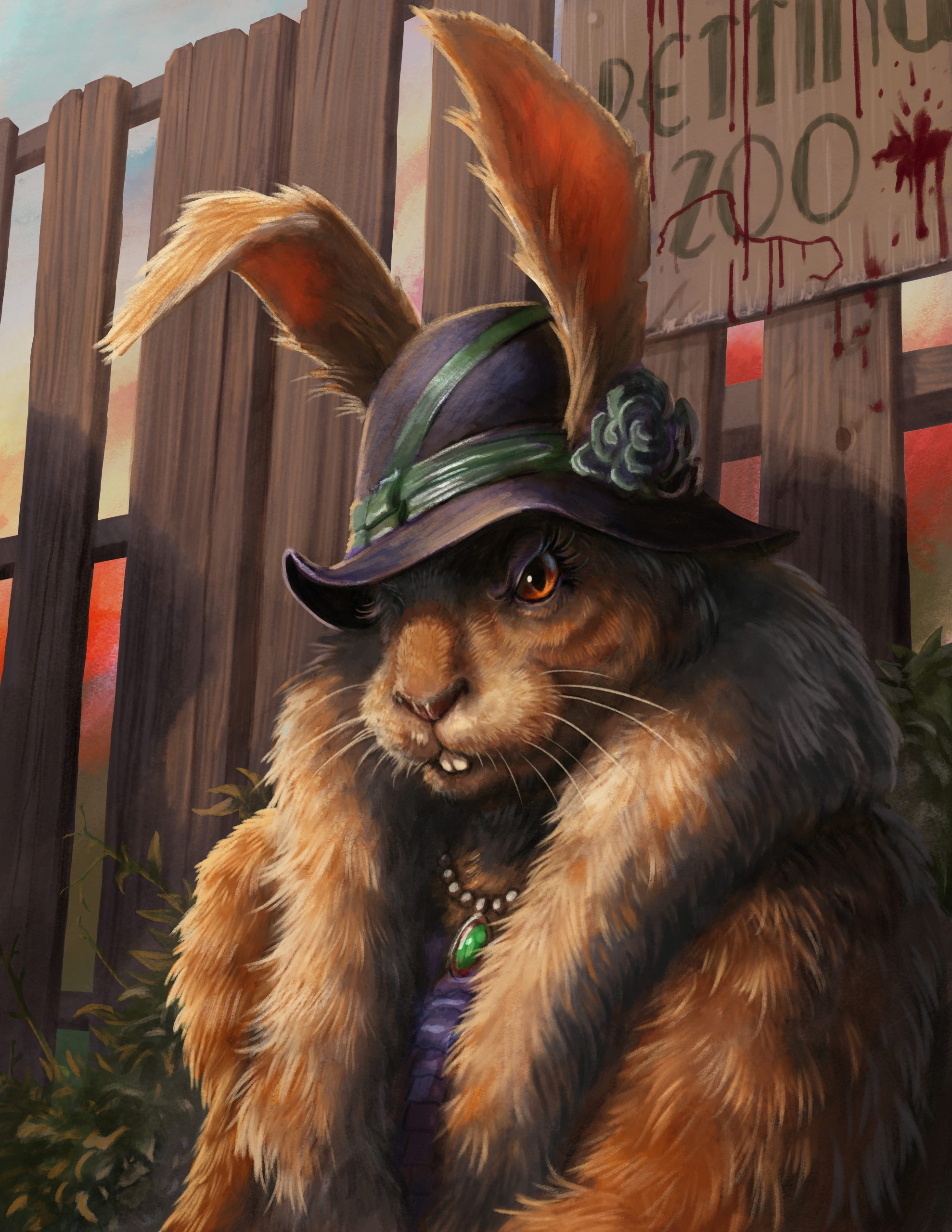Fantasy writers deserve not to be pigeonholed
Writers of history
A while back I was in an online forum filled with fellow writers. The majority of writers and authors on the site were thriller and romance writers … the “acceptable” genres.
While there I noticed a posting about historical fiction, asking what are some favorite historical novels and short stories. I started salivating because I could think of tons of historical fiction books and tales I love. Larry McMurtry’s Lonesome Dove comes to mind, as does Colleen McCullough’s Masters of Rome series. James Clavell’s Shogun is also a favorite, as are Margaret Mitchell’s Gone With the Wind and Ken Follett’s Pillars of the Earth. I also thought of Steven Pressfield’s Gates of Fire novel and Louis L’Amour’s The Walking Drum. Just about anything written by Alexandre Dumas springs to my mind as a favorite.
Just as I was about to type in some of these names and titles, another poster chimed in with a mention of Robert E. Howard.
Okay. Interesting.
Then another poster wrote something like, “Are you suggesting Howard’s Conan the Barbarian tales are historical fiction?”
I had to grumble.
And get the idea for this article, of course.
Fantasy authors
Instead of mentioning all the historical fiction I have enjoyed, I went on to inform the board that Robert E. Howard wrote a heck of a lot more fiction than his tales concerning a certain roving Cimmerian. I mentioned Howard’s El Borak and Steve Costigan characters. I didn’t, but I could have mentioned Cormac Fitzgeoffrey and Turlogh Dubh O’brien. I stayed away from the likes of Kull and Solomon Kane because I felt those characters did not strengthen my point.
And what was my point?
That Robert E. Howard wrote a lot more than fantasy literature, and indeed wrote more than a handful of historical tales.
But that’s just Howard, one author. I got to thinking, and it occurred to me that many writers known for fantasy also spent plenty of time typing out tales in other genres or even in non-fiction.
Michael Moorcock comes to mind, he of Elric-of-Melnibone fame. Moorcock is likely best known for his contributions to Sword and Sorcery literature specifically and fantasy in general, but he has published literary works, science fiction, even what some might consider somewhat “far out” philosophical works.
There was also C.S. Lewis, the father of the Narnia books. In my experience, readers tend to love or hate Lewis’ writing, but they almost always focus upon his Narnia tales. The man also wrote science fiction, poetry and multiple works concerning philosophy and religion, specifically Christianity.
On the flip side, how about John Jakes? The world knows him for his historical literature, but many a fantasy fan will never forget Brak the Barbarian.
Do I need to go on? There could be many more examples.
Those of us who write fantasy are too often pigeonholed by the public at large, seemingly placing us into a little box from which we dare not escape. To be fair, we also sometimes pigeonhole ourselves, or are thrust into that box by fans of fantastic literature and even book stores.
There are worse places to be.
But that doesn’t mean fantasy writers are one dimensional or that we cannot step outside of our familiar bounds from time to time.
Personally, I love writing fantasy. But I also like to write horror and sometimes even literary works. From time to time I’ll even pen a science fiction short story, or a screenplay, or … whatever strikes my fancy at any given time.
There is nothing wrong with loving fantasy, but writers of the fantastic need to stretch their own boundaries every once in a while. If not, their work won’t be very fantastic for very long. New ideas need to come in, providing a springboard to tales that otherwise might not ever be written.
I’ll give an example.
 Not too long ago I read Shirley Jackson’s The Haunting of Hill House for the first time. Loved it. I had read a handful of Jackson short stories over the years, all of them good if not great, and her novel We Have Always Lived in the Castle, but for some odd reason I had never gotten around to reading this classic book that has had a major influence upon horror and suspense novels over roughly the last half decade.
Not too long ago I read Shirley Jackson’s The Haunting of Hill House for the first time. Loved it. I had read a handful of Jackson short stories over the years, all of them good if not great, and her novel We Have Always Lived in the Castle, but for some odd reason I had never gotten around to reading this classic book that has had a major influence upon horror and suspense novels over roughly the last half decade.
When I finished reading The Haunting of Hill House, one of the truly most terrifying books I’ve read in a long while, I let the author’s tale gel around in my brain. Here is this story of a haunted mansion. How can I use that? I didn’t want to write just another haunted house story. I wanted something different.
So I turned to fantasy.
And eventually I came up with the novella, The Castle of Endless Woe.
So, whether you are a writer or reader of fantasy literature, do yourself a favor and crack open a book in another genre from time to time, or perhaps even something from the non-fiction section of the book store. You are surely going to find fresh ideas, ones that can help to build upon your love of fantasy itself.
And you writers out there, remember to draw upon everything. If you are a fantasy writer and all you read is fantasy, you are doing yourself a disservice.
Don’t let others pigeonhole you. Read what you want, but read widely. Then write what you want. Your stories will be the stronger for it.
Related articles
[amazon_link asins=’B005FQSOWA,1783291656,0505516500′ template=’ProductCarousel’ store=’nerdarchy-20′ marketplace=’US’ link_id=’3db88642-0c8b-11e7-a57e-6378f944c2a9′]














charlesgramlich
March 22, 2017 at 9:04 amAbsolutely. A timely and needed topic. Way too much pigeonholing going on throughout literature. Howard’s Crusader stories are my favorites of his.
Fletcher Vredenburgh
March 22, 2017 at 2:12 pmSpot on. Too many writers get locked in to people’s perception as only one thing. It’s just so dang limiting.
Mike Tortorello
March 23, 2017 at 10:48 amLord Dunsany is a case in point, wrote in so many genres and defied most of them.